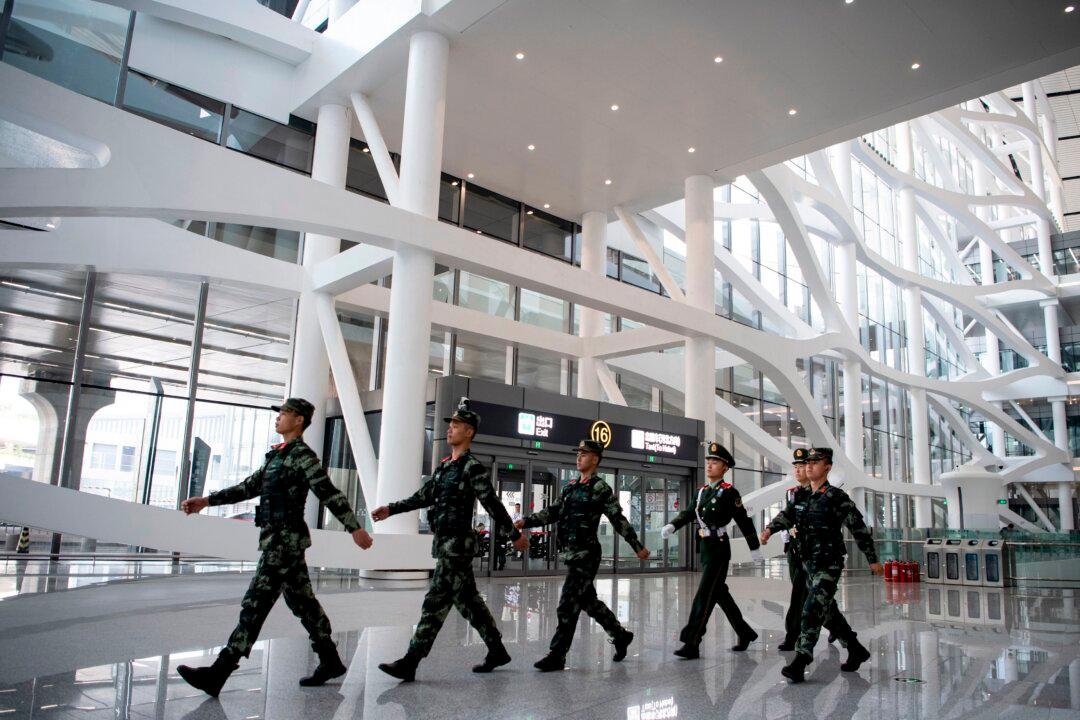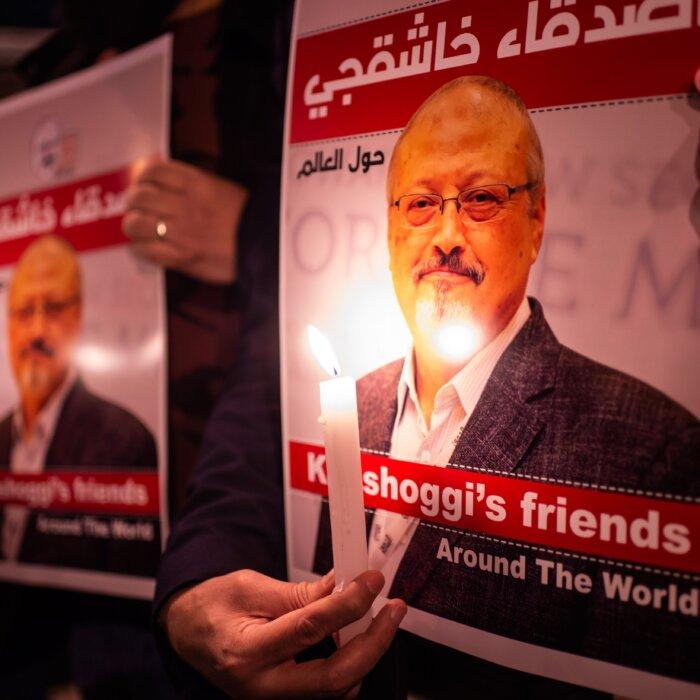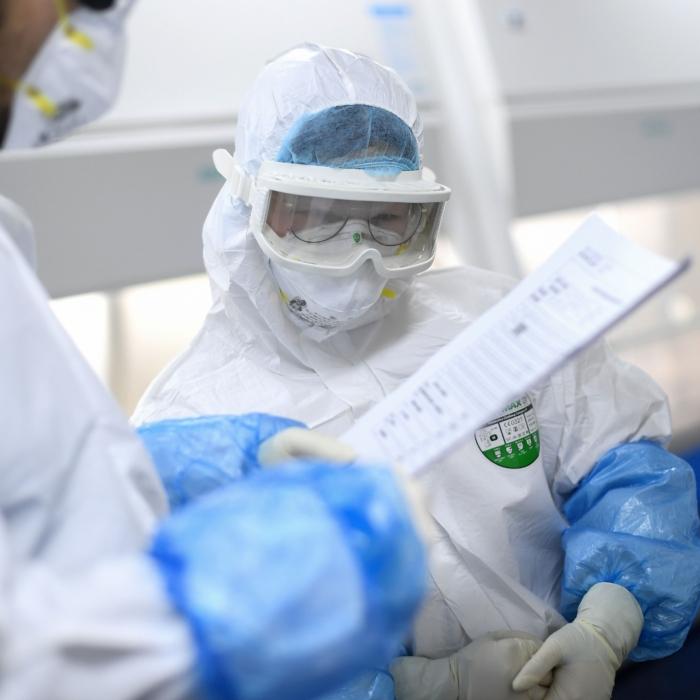The Chinese Communist Party (CCP) is increasingly using an “inhumane, unfair, and extralegal system” to punish the loved ones of human rights defenders, Madrid-based human rights organization Safeguard Defenders said in its latest report.
“The CCP routinely and informally employs collective punishment as an added means of control on top of law enforcement. Loved ones of human rights defenders are common targets, but anyone can be a victim,” the report states, noting that these targets include girlfriends and friends,” the report reads.
The CCP doesn’t consider age a factor when carrying out the punishment, as “everyone from babies and toddlers to pensioners are being targeted.”
Loss of Freedom
Victims of the CCP’s collective punishment have been known to be thrown into prison or detention, put under house arrest, and subjected to enforced disappearance or involuntary psychiatric commitment, according to the report.An example in the report involved Wang Zang, a poet who advocates democracy. He was detained in May 2020, and his wife, Wang Liqin, was detained three weeks later.
“I believe I was arrested to stop me from speaking about my husband’s case to the international community. They wanted to stop me from having any contact with the outside world,” Ms. Wang said, according to the report.
While the couple were in custody, Chinese police put their four young children, who were in their grandmother’s care at the time, under surveillance, according to the report, and many of their relatives were “threatened, harassed, and briefly detained.”
“After I was released from prison, my relatives told me that the police had threatened to detain me again, punish Wang Zang further, and send my children to an orphanage if I went online,” Ms. Wang said, according to the report.
After being released, she observed that her children were different.
“I noticed that my children had changed a lot. My older son sometimes hurts himself, while my older daughter gets depressed. She often runs into my room to hide and cry when she misses me. My younger daughter won’t leave her grandmother’s side and is afraid to play alone. And my youngest son has stopped talking,” Ms. Wang said.
Exit Ban
As part of its collective punishment program, Beijing prevents victims from leaving China, according to Safeguard Defenders. For example, the report pointed to the case of Lin Shengliang, a Chinese rights activist who now lives in exile in the Netherlands.Mr. Lin said he tried to get his younger daughter, 12-year-old Lin Yuyun, out of China. However, according to the report, she was prevented from leaving Shenzhen, China, on July 25 to board a flight from Hong Kong to the Netherlands five days later. Chinese border officials said the girl couldn’t leave China because of “national security” reasons.
“I think [in this case] the CCP authorities have openly violated international conventions on the protection of women and children and their own laws. How can a 12-year-old child endanger national security? This shows just how evil and weak this regime is,” Mr. Lin said, according to the report.
He was also upset about his younger daughter being put in a small room for hours on July 25.
“She said her mind goes blank whenever she thinks back to what happened that day at the border. She was very scared and confused to be treated like a criminal and surrounded by so many police officers,” Mr. Lin said.
“By blocking my daughter from leaving, [the CCP] is using her as a hostage. They are trying to get me to stop criticizing the Chinese government.”
‘Beaten to Death’
The report also documented the death of Dong Jianbiao, a former miner from China’s Hunan Province, in prison in 2022. He was best known as the father of China’s “Ink Girl,” Dong Yaoqiong, who livestreamed herself splashing ink on a poster of CCP leader Xi Jinping in 2018.“Police harassed Dong senior at his workplace, detained him several times, placed him under house arrest and eventually sent him to prison in 2021 for three years after he argued with his ex-wife over his daughter’s incarceration in psychiatric wards,” the report reads.
Mr. Dong’s family members were horrified to find his body “covered in wounds” in September 2022 and rejected the police’s claim that he had died because of “diabetes,” according to the report. The police denied the family’s request for an autopsy and had his body quickly cremated.
“Before his release, this middle-aged father, who had only wanted to protect his daughter, died in prison with injuries consistent with being beaten to death,” the report reads.
Under collective punishment, the CCP uses other tactics—such as denying work rights, freezing bank accounts, forcing business closures, and discontinuing social welfare payments—as ways to punish family members of rights defenders.
“In collecting data and testimonies for this report, multiple sources confirmed that under Xi Jinping, the CCP has stepped up its use of collective punishment on human rights defenders and their families, not only in terms of frequency, but also by adopting more varied types of collective punishment,” the report reads.







